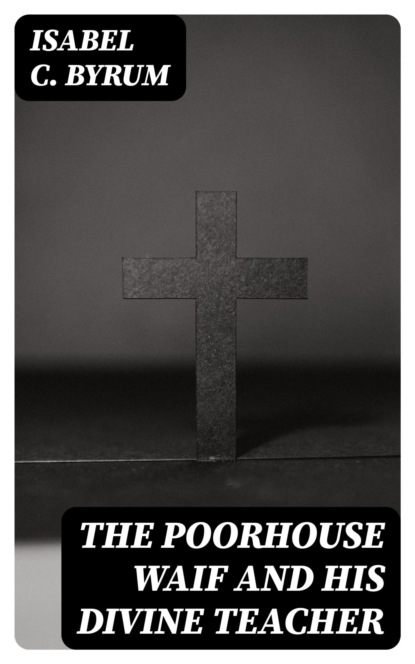Volume 170 pages
0+
About the book
In «The Poorhouse Waif and His Divine Teacher,» Isabel C. Byrum weaves a poignant narrative that explores themes of poverty, redemption, and the transformative power of faith. Set against the backdrop of early 20th-century America, the book employs a rich, lyrical style that draws on biblical allusion and vernacular speech to bring the characters' struggles and triumphs to life. Byrum's intricate storytelling combines realism with spiritual allegory, inviting readers to consider the divine presence in everyday life and the societal marginalization faced by the impoverished. Isabel C. Byrum, a noted author and preeminent voice in early Christian literature, drew from her own experiences with faith and social justice to craft this story. Her background in social service work and commitment to uplifting the voiceless enrich her portrayal of the titular waif and his journey from despair to salvation. Byrum's personal letters and public life reflect her deep concern for the marginalized, making her narrative both authentic and urgent. This book is highly recommended for readers interested in literature that combines social critique with spiritual depth. Byrum's thoughtful narrative serves as both a reflection of her time and a timeless exploration of humanity's search for meaning and belonging. A compelling read for those seeking inspiration in the face of adversity, this text opens a dialogue about faith, compassion, and the human spirit.
